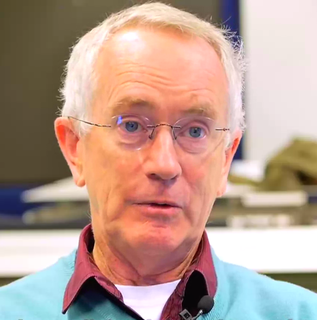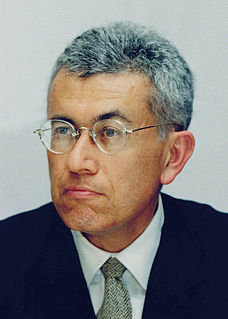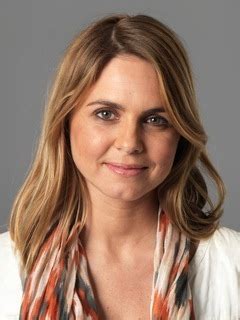A Quote by William E. Gladstone
Economy is the first and great article (economy such as I understand it) in my financial creed. The controversy between direct and indirect taxation holds a minor, though important place.
Related Quotes
There are two issues that people sometimes confuse, but they're very closely related. There is the strength and the stability of the American financial system. And it's very important that that system remain stable and remain strong and lending is very important to consumers. Secondly, the economy. And what has gone on in financial system is impacting the economy. And as the economy is turning down, it is very important that lending continue to be available and be available to consumers. So what we're doing with this facility is to support - is to support consumer lending.
If you have a sane economy, and by sane economy I mean one which is not addicted to debt, not a Ponzi economy, then the change in debt each year should contribute a minor amount to demand. Therefore, if you tried to correlate debt to the level of unemployment you would not find much of a correlation. Unfortunately that is not the economy we live in.
We can't have extraordinary dynamism, innovation, and change in the economy and expect to have predictability and stability in our personal lives. It's not as if there are these big, giant institutions existing between us and the economy. In fact, these institutions have become tissue-thin. There is no mediation anymore. We are the economy; the economy is us.
Social solidarity must rest instead on the sole secure basis it can have: direct responsibility of people for one another. Such responsibility can be realized through the principle that every able-bodied adult holds a position within the caring economy - the part of the economy in which people care for one another - as well as within the production system.
We need to deal with three things that are important: first, we need a very deep reconsideration of how we are dealing with the economy. Second, there must be a very deep reconsideration of our way of life. We cannot simply adopt American-style consumer culture. To Islamize that is to de-Islamize Islam.Thirdly, it is important for us to understand the economy and the environment are common challenges for everyone. This is where the singularity of Islamic principles needs to join the universal values that we share with others.
We in the Congress have a moral and constitutional obligation to protect the value of the dollar and to understand why it is so important to the economy that a central bank not be given the unbelievable power of inflating a currency at will and pretending that it knows how to fine-tune an economy through this counterfeit system of money.







































